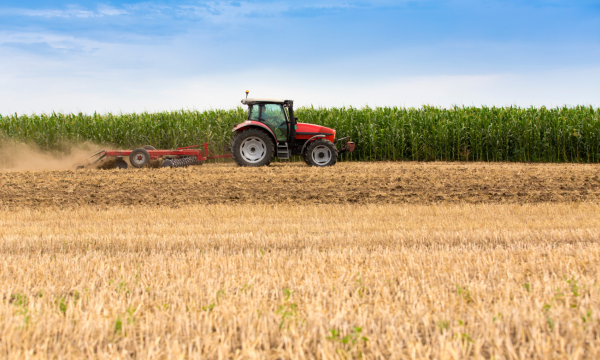Projectnieuws | Mededeling Systeemanalyse carbon farming
Throughout Europe, numerous carbon farming schemes have been developed in the past decade, ranging from simple to more elaborated. Recently, schemes are increasingly being developed for the agricultural sector, with projects focusing on carbon removals (carbon sequestration) in agricultural soils and woody landscape elements, as well as focusing on reduced and/or avoided emissions at the farm level. These projects outcomes, with significant climate mitigation and adaptation potential, can be realised by altering the farm management, more specifically through the implementation of ‘carbon farming practices’.
Despite the numerous carbon farming initiatives being developed, no regulatory framework exists yet, and consequently, carbon credits or certificates may be of variable quality. Therefore, in the LIFE CarbonCounts project (LIFE20 PRE/BE/019), we explored carbon farming schemes that have the potential to be feasible, reliable and cost efficient for Flanders, the northern region of Belgium. Flanders is a highly urbanised region, in which the agricultural sector represents approximately 50% of the open space and which is characterized by medium size farms compared to other EU countries.
We adopted a qualitative research approach: conducting in-depth interviews with stakeholders from various professional backgrounds, organizing two workshops with policy stakeholders, and extensively reviewing carbon farming schemes in Belgium (e.g. Claire, Soil Capital), our neighbouring countries (e.g. Label Bas Carbone, Stichting Nationale Koolstofmarkt, Woodland Carbon Code…) and internationally (e.g. Verified Carbon Standard, Gold Standard).


